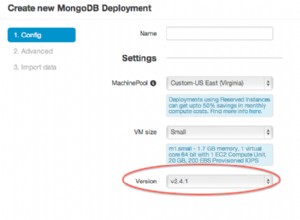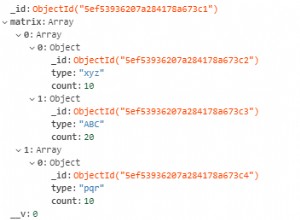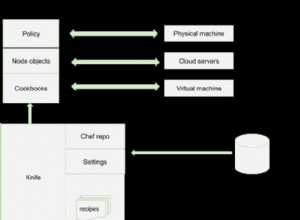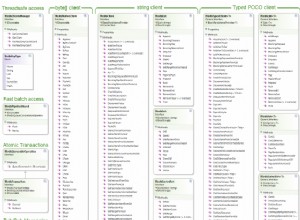Musisz przefiltrować dokumenty przed ich pogrupowaniem. Powinno być tak:
db.collection.aggregate([
{
$addFields: {
DateObj: {
$regexFindAll: { input: "$Date", regex: "\\d+" }
}
}
},
{
$set: {
DateObj: {
$dateFromParts: {
year: { $toInt: { $arrayElemAt: ["$DateObj.match", 0] } },
month: { $toInt: { $arrayElemAt: ["$DateObj.match", 1] } },
day: { $toInt: { $arrayElemAt: ["$DateObj.match", 2] } },
hour: { $toInt: { $arrayElemAt: ["$DateObj.match", 3] } },
minute: { $toInt: { $arrayElemAt: ["$DateObj.match", 4] } },
second: { $toInt: { $arrayElemAt: ["$DateObj.match", 5] } },
timezone: "Europe/Zurich"
}
}
}
},
{
$match: {
$expr: {
$gte: ["$DateObj", { $subtract: ["$$NOW", 200 * 60 * 60 * 24 * 1000] }]
}
}
},
{
"$group": {
_id: null,
"Volume": {
"$avg": "$Volume"
}
}
}
])




